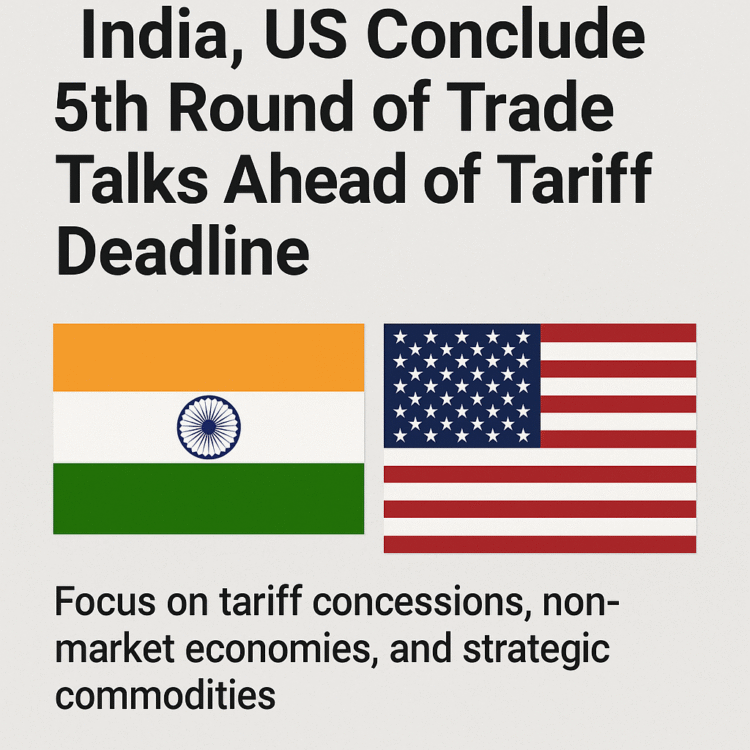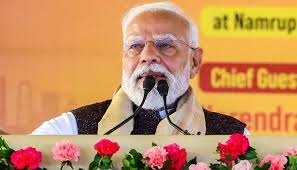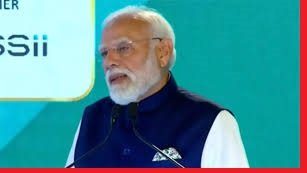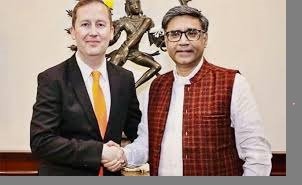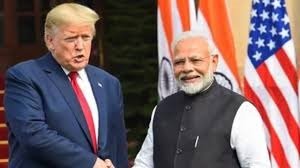Focus on tariff concessions, non-market economies, and strategic commodities
New Delhi/Washington (economy India): India and the United States have concluded the fifth round of negotiations on the proposed Bilateral Trade Agreement (BTA), held from July 14 to 17 in Washington, D.C., a senior Indian official confirmed on Thursday. The discussions covered a wide range of topics, including tariff concessions on agriculture and vehicles, as well as strategies to address trade distortions caused by non-market economies.
The Indian delegation was led by Mr. Rajesh Agrawal, Additional Secretary in the Ministry of Commerce and Industry. The meeting comes at a crucial juncture, as both sides are aiming to finalize an interim trade deal before August 1, when the suspension period for the additional tariffs imposed by former U.S. President Donald Trump is set to expire.
Trump had originally announced retaliatory tariffs on April 2, raising duties by up to 26%. Though temporarily deferred — first till July 9 and then August 1 — the duties remain a contentious issue, with India pushing for their complete removal, particularly in steel (up to 50%), aluminum, and auto sectors (up to 25%).
Key Discussion Areas
According to the official, the latest round of dialogue touched upon:
- Agricultural and dairy tariffs: India hardened its stance amid mounting pressure from domestic farmer groups, who have urged the government not to make concessions in the agricultural sector.
- Vehicle import duties: Both parties debated tariff relaxations, especially for electric vehicles.
- SCoMETS trade (Special Chemicals, Organisms, Materials, Equipment and Technologies): Strategies for managing sensitive technologies were discussed.
- Addressing non-market economies: The delegations exchanged views on how to counter the impact of non-transparent and state-subsidized economies in global trade.
Sectoral Demands
India is seeking broader market access for its labor-intensive exports, including:
- Textiles
- Gems and jewelry
- Leather goods
- Ready-made garments
- Plastics and chemicals
- Shrimps and seafood
- Edible oilseeds
- Grapes and bananas
On the other hand, the U.S. is pushing for tariff relaxations on:
- Industrial goods
- Electric vehicles
- Wines and petrochemicals
- Agricultural and dairy products
- Apples and tree nuts
- Genetically modified (GM) crops
WTO Framework and India’s Position
India has asserted its right under WTO norms to impose retaliatory tariffs if needed, should talks fail to yield a mutually acceptable resolution. “India is negotiating with national interest at the forefront,” the official added, emphasizing that no decision will be made that undermines the livelihood of Indian farmers or small businesses.
The next round of discussions is expected soon, with both sides under pressure to reach a framework agreement before trade tensions escalate further.
(Economy India)

